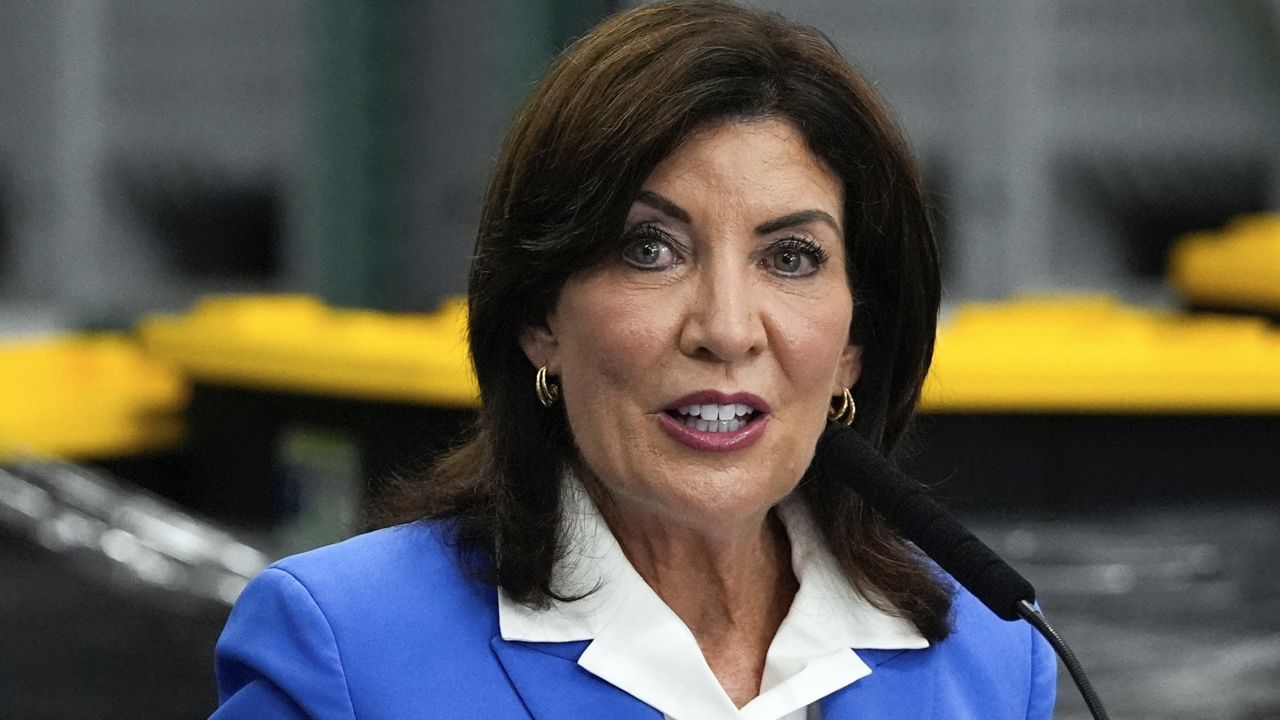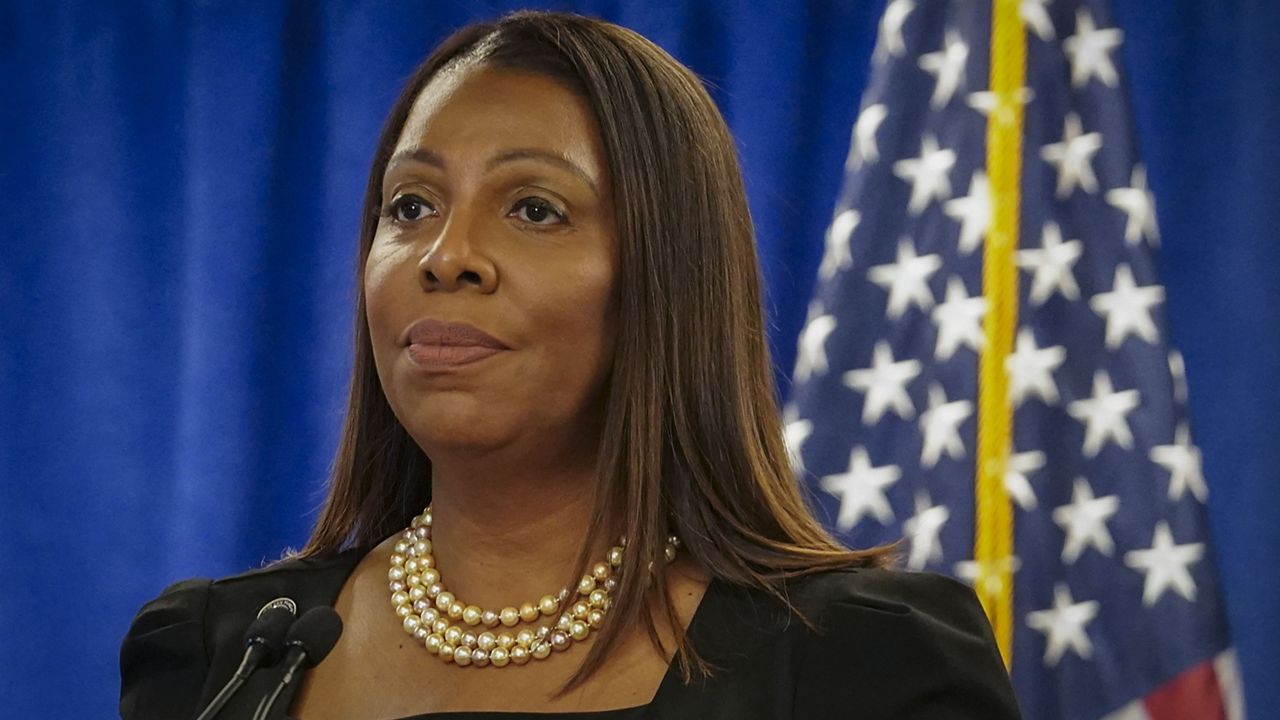Gov. Kathy Hochul’s administration delivered an update on her proposed $233 billion state budget Thursday. It's the last chance for her to make changes to her financial plan before bargaining with state lawmakers before the April 1 deadline.
State budget director Blake Washington spoke in Manhattan at an event run by the fiscal watchdog group, Citizens Budget Commission. He said the overall proposal will remain largely intact, but warned about future economic stability.
“The governor wants our state to remain competitive,” Washington said. “We think it’s time to rationalize our state spending to the resources we have. For the last couple of years, for a variety of years, we have well exceeded.”
Washington serves as New York’s top accountant and investor, charged with spending, saving — and sometimes making — taxpayers’ money.
That’s why, after reviewing Hochul’s $233 billion state budget proposal since its release on Jan. 18, he’s holding the line on government spending and raising taxes.
“People, by the way, are moving to Connecticut, moving to New Jersey, not just because of taxes they can’t afford, but overall affordability issues and a lack of housing,” Washington said.
This also marks the next step in the state budget negotiation process before its April 1 due date. Once 30 days pass from the proposed budget’s release, Hochul will need the legislature to approve changes.
Washington said he’s chipping away at the ballooning cost of the state’s Medicaid program to reach about $1 billion in cuts.
He favors cracking down on a multi-billion dollar program called the Consumer Directed Personal Assistance Program, allowing family members to take care of their sick or old relatives.
It’s been criticized in the past due to fraud and the fact that caregivers don’t even need a healthcare background.
“In the 30-day approach, it’ll be an additional $100 million dollars in savings,” Washington estimated of the intended cutback.
Washington is also not green lighting a 50-50 cost share of migrant spending with the city, as Mayor Eric Adams requested. He’s also worried about how much it’ll cost New Yorkers to limit and eventually extinguish its fossil fuel emissions.
“The statutory framework for ‘cap and invest’ puts all the onus on the state of New York to come up with a whole host of taxes to fund it,” he said.
A state law requires New York to reduce its greenhouse gas emissions over the next several decades and build up the electrical grid.
But preliminary studies show that transition could cost taxpayers up to $12 billion.
“The taxes that will be required to follow the goals are not inconsequential, and the governor is certainly uneasy with the amount of investment that will be required here, but she is very much committed to having a clean environment,” Washington said.
Meanwhile, State Comptroller Thomas DiNapoli also released his own analysis of the budget Thursday, warning spending gaps are “projected to worsen over the next few years,” amid economic headwinds and the continued high spending on healthcare and education.










